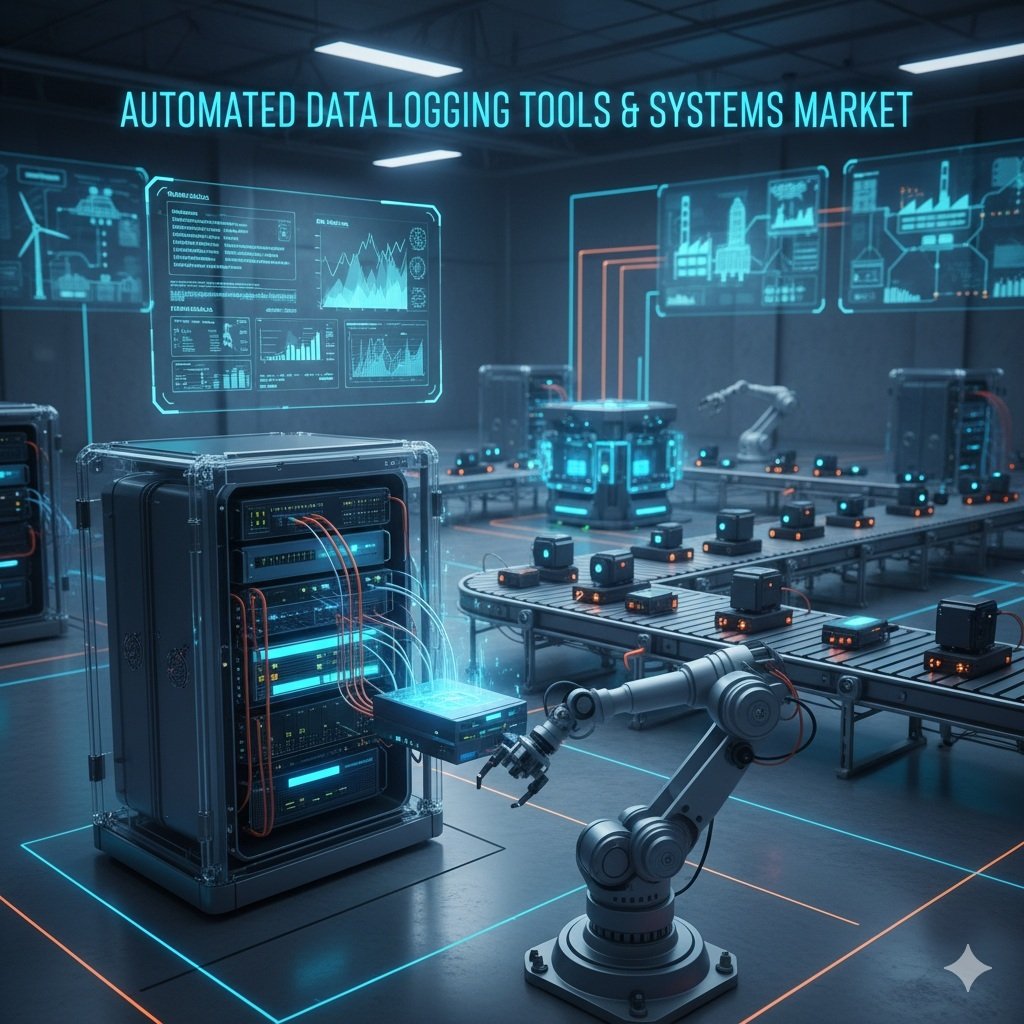Capgemini’s recent announcement of the intent to acquire WNS for $3.3 billion more than a consolidation in the BPO space. This deal reflects a decisive shift in the industry: the traditional, labor-intensive outsourcing model is giving way to intelligent, AI-powered service delivery. In today’s BPO market, AI is no longer a differentiator, it’s the foundation for staying relevant.
The AI Disruption: A Tectonic Shift in BPO
We know this: AI is fundamentally reshaping the BPO landscape. But what is changing? – What began as a gradual evolution – intelligent document processing, predictive analytics, conversational AI, has accelerated into full scale transformation. Agentic AI and autonomous workflows are redefining the very nature of outsourced work. Legacy BPOs, built on the promise of service delivery excellence, are now struggling to keep pace. Operational strength is table stakes. Siloed AI and analytics initiatives deliver incremental value but they fall short of creating transformational experiences.
In contrast, modern BPOs are becoming strategic partners. They help clients unlock value through real-time insights, data-driven decision-making, and AI-powered services.
A Broader Industry Movement
Capgemini’s move is part of a larger trend. Leading IT and BPO service providers are racing to build AI-first offerings. IBM acquired Neudesic to strengthen AI and cloud capabilities. Accenture acquired Analytics8 and Sentelis to boost its data and AI consulting capabilities. TCS and Infosys have also doubled down on AI investments, embedding machine learning and automation into their delivery models.
BPOs are also expanding their AI footprint through acquisitions and partnerships. Concentrix acquired VoiceWorx.ai, a conversational AI platform and BlinkCX, a Customer Experience (CX) consulting firm to expand their IX product suite. Movate acquired Prescience, a data science company, to bolster their data and AI services. Teleperformance recently partnered with Sanas, an AI-powered accent softening technology. These moves reflect a clear trend: BPOs that fail to evolve into AI-first service providers risk irrelevance.
How do you respond to these changes and identify partnerships for the decided AI-future?
While many enterprises are embracing AI-first delivery models, sourcing and performance management frameworks haven’t kept pace. Traditional procurement-led RFPs often fail to assess AI maturity or innovation potential. To stay ahead, tech leaders must rethink how they evaluate and engage service providers. Here’s how:
Prioritize AI and Innovation Competencies
Move beyond traditional RFP metrics. Assess providers on AI maturity, innovation roadmap, and ability to co-innovate. Use Forrester’s research and RFP templates to guide your evaluations.
Redefine Service Levels
Shift from SLA-based contracts to outcome-based models. Focus on KPIs that reflect business impact, evaluates cultural fit, co-innovation competencies. Outcome-based contracts are essential to unlocking value from AI investments.
Build AI-Ready Governance Models
Ensure internal teams to manage AI-powered services. This includes strengthening data governance, ethical AI practices, and change management capabilities.
Capgemini’s acquisition of WNS is a wake-up call for traditional BPOs. The future of outsourcing is intelligent, automated, and outcome-driven. And tech leaders must reengineer their sourcing strategies to be AI- first and AI-proof.
Read Forrester’s Four Forces Shape Technology Services In 2025 to scale and outperform with AI. If you are a Forrester client, you can access A Blueprint For Selecting The Right Technology Or Service Partner.
Visit my Forrester bio page and click “Follow” to receive notifications. You can also follow me on LinkedIn here. Forrester clients can also schedule an inquiry or guidance session with me to delve deeper into this topic.
























